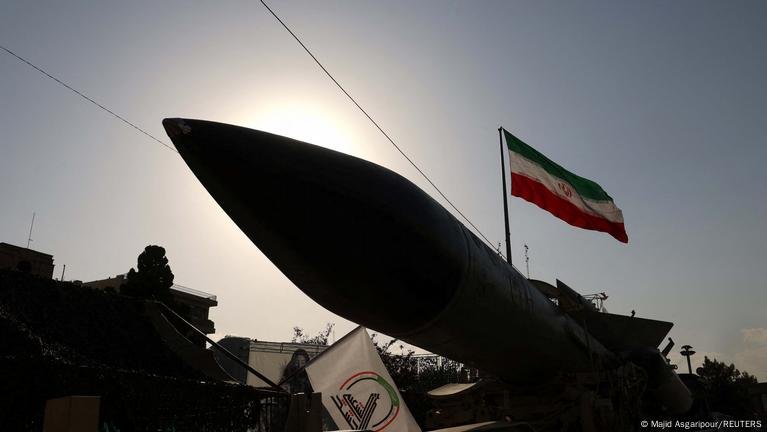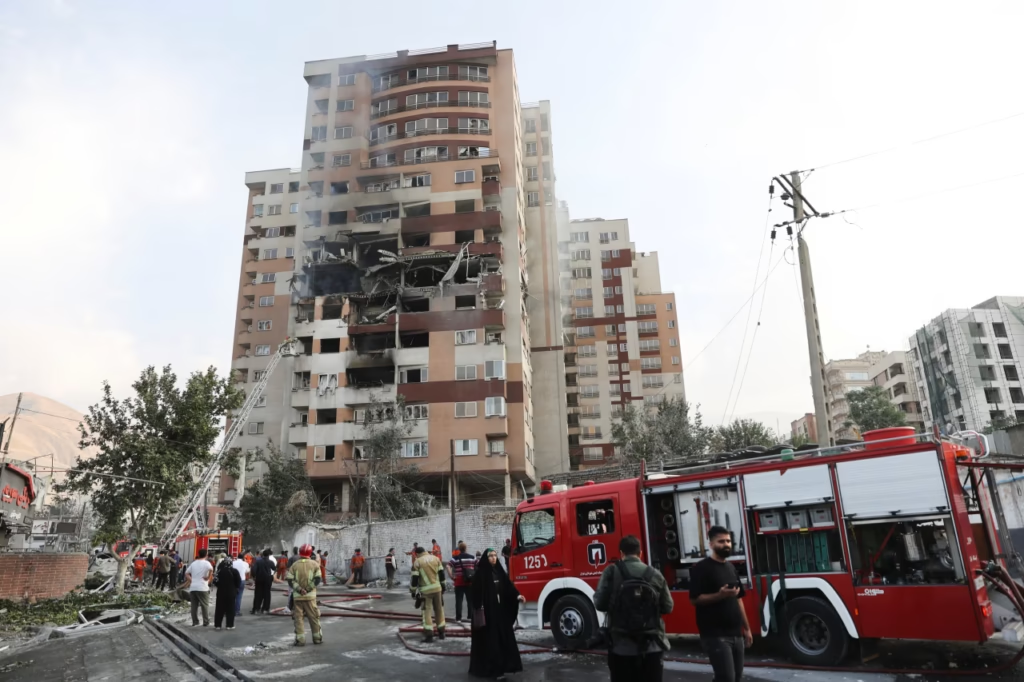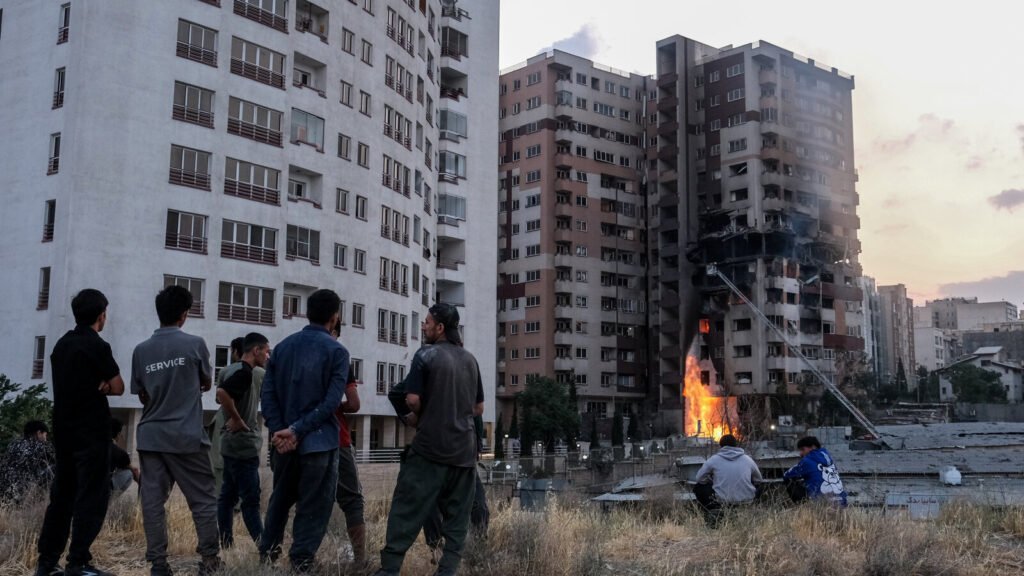
In a dramatic overnight operation, Israel launched precision strikes against multiple Iranian nuclear sites and high-ranking military officials. This marks one of the boldest moves yet in a decades-long shadow war between two regional powerhouses. The Middle East now finds itself on the edge of a potential war, and the world is watching.
Background of Tensions
Historical Context of Israel-Iran Conflict
The animosity between Israel and Iran isn’t new. Since the 1979 Iranian Revolution, Iran’s hardline leadership has consistently labeled Israel as a sworn enemy. On the other side, Israel has long viewed Iran’s regional ambitions and support for terror groups like Hezbollah and Hamas as existential threats.
The Nuclear Issue: Iran’s Ambitions and Israel’s Concerns
At the heart of the tension lies Iran’s nuclear program. Despite Tehran’s claims of peaceful intentions, Israel and much of the West remain convinced that Iran is inching toward a nuclear weapon. For Israel, that’s a red line they will not let be crossed.
The Recent Strikes
Timeline of the Israeli Operation
The attack began just before dawn with air raid sirens blaring across Tehran. Israeli F-35 jets reportedly breached Iranian airspace undetected, targeting nuclear research labs in Natanz and Fordow.
Targets Hit: Nuclear Facilities and Top Commanders
Early reports confirmed that key sections of Iran’s uranium enrichment infrastructure were destroyed. Among the dead are two senior commanders of the Islamic Revolutionary Guard Corps (IRGC), known for orchestrating Iran’s foreign military operations.
The Scale of Damage Reported
Satellite imagery shows extensive structural damage, smoke plumes, and what experts believe are signs of secondary explosions—potentially from hidden munitions depots.

How Israel Executed the Attack
Airstrikes, Cyber Warfare, and Covert Ops
This wasn’t just an air raid. Simultaneous cyberattacks crippled Iranian defense systems, while covert agents within Iran possibly played a role in sabotage. Israel’s infamous Mossad likely had boots on the ground long before the jets took off.
Intelligence Coordination and Allies Involved
Though Israel acted alone publicly, there are whispers that U.S. intelligence provided satellite feeds and electronic surveillance to aid the operation.
Iran’s Response
Official Statements from Tehran
Iranian state media called the strikes “an act of war” and vowed “unrelenting revenge.” Supreme Leader Ayatollah Khamenei declared three days of national mourning and pledged retaliation.
Military Mobilization and Threats of Counterattack
Iran’s missile units are now on high alert, and Iranian Navy vessels have repositioned in the Strait of Hormuz, signaling preparation for a possible regional confrontation.
Reactions Across the Middle East

Arab States’ Mixed Responses
Saudi Arabia and the UAE, wary of Iran’s reach, offered diplomatic statements urging “restraint.” However, sources suggest they quietly support actions that curb Iran’s nuclear goals.
Hezbollah and Proxy Groups Speak Out
Lebanese Hezbollah vowed to join Iran’s retaliation. Iraqi militias with ties to Iran have also warned U.S. forces in Iraq to prepare for conflict.
Global Diplomatic Fallout
U.S. Position and Warnings
President of the United States called on both sides to “avoid total war,” while reaffirming Israel’s right to self-defense. At the same time, American troops in the region were placed on high alert.
United Nations Emergency Meeting
An emergency session of the U.N. Security Council was convened, with Russia and China condemning Israel’s actions and demanding immediate cessation of hostilities.
European Union and NATO Reactions
The EU has urged diplomatic solutions, while NATO warned that any attack on a member state stationed near the conflict zone would trigger Article 5 consultation.
The Risk of Full-Scale War

Could This Trigger World War III?
It’s not just media hype—if Iran retaliates and Israel counters, and proxy forces get involved, this could quickly snowball into a broader war involving superpowers.
Scenarios of Regional Escalation
From the Persian Gulf to Syria, from Lebanon to Iraq, flashpoints are everywhere. Each move is like walking through a minefield—one wrong step could blow everything up.
Impact on Oil and Global Markets
Brent Crude Spikes
Global oil prices soared by over 10% within hours of the strike. Energy analysts predict continued volatility if the conflict drags on.
Investors Seek Safe Havens
Gold prices rose, and stock markets dipped globally as investors fled risk. The global economy, already teetering from inflation, faces another curveball.
Civilian Toll and Humanitarian Concerns
Casualties and Displacement
Reports suggest over 100 civilian casualties so far, with many more injured or displaced. Hospitals in central Iran are overwhelmed.
Red Cross and Aid Agencies on High Alert
International humanitarian groups are preparing for mass evacuations, and border crossings in neighboring countries are seeing a sharp rise in refugee traffic.
Cyberwarfare and Shadow Tactics
Power Grids, Satellite Jamming, and Data Leaks
Iran has accused Israel of launching cyberattacks on power grids and military communications. Israel denies, but experts see clear signs of electronic warfare in play.
The Future of Warfare in the Region
This isn’t your grandfather’s war. Today’s conflicts are hybrid: a blend of physical, digital, and psychological. The Middle East might just be the testing ground for the next-gen battlefield.
Role of Russia and China
Strategic Alignment with Iran
Both Moscow and Beijing have deep economic and military ties with Iran. Their involvement—so far diplomatic—could escalate if the conflict threatens their interests.
Calls for Restraint and Back-Channel Diplomacy
While condemning Israel, both Russia and China are also pushing for backchannel negotiations to avoid an uncontrolled regional war.
Israeli Domestic Reaction
Public Support vs. Fears of War
While many Israelis support striking Iran’s nuclear facilities, there’s growing concern about Iranian missile retaliation hitting Tel Aviv or Jerusalem.
Political Unity or Division?
Prime Minister Benjamin Netanyahu has gained support, but opposition leaders warn that the action may have gone too far and risked dragging Israel into a long war.
What Comes Next?
Military Readiness and Possible Next Moves
Israel remains on high alert, its Iron Dome defense system fully activated. Military drills and civil defense exercises have been launched nationwide.
Calls for De-Escalation or Revenge?
Global powers are urging calm, but rhetoric on both sides suggests the storm is far from over. Whether this leads to de-escalation or full-on war—only time will tell.
